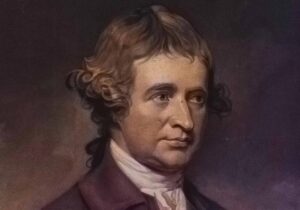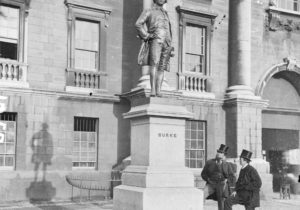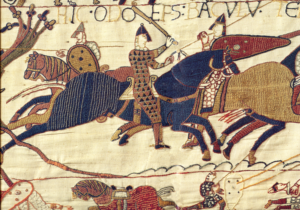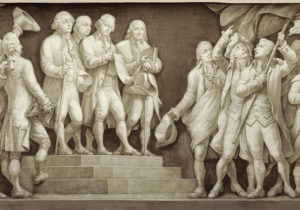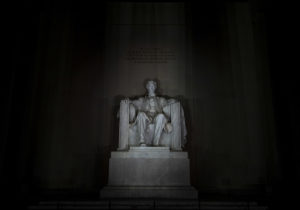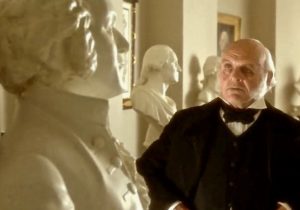Edmund Burke Opposed Eruptions Abroad — Why Shouldn’t We?
Modern conservatism was born of the conviction that what happens abroad matters at home.
Luke SchumacherFebruary 9, 2023
Edmund Burke: Anglican Theologian
Burke is a defender of the institutions of Christian civilization. Understanding this liberates us from the need to defend failing institutions simply because those institutions happen to exist.
Timothy CutlerNovember 9, 2022
On the “Medieval Question”
American conservatives have a paradoxical relationship with the Middle Ages – a relationship which today has reemerged as a fascinating cleavage on the American right.
James DiddamsOctober 18, 2022
Don’t Deny Natural Rights: A Review of Nigel Biggar’s What’s Wrong with Rights?
Today any serious book searching for the meaning of rights, natural rights, and human rights is welcome, but in “What’s Wrong with Rights?” Biggar seems preoccupied with a straw man—the claim that rights are absolute.
Aaron RhodesMarch 18, 2021
America: Creedal or Tribal?
Nationalists believe that humanity is divided into mutually distinct, internally coherent groups defined by shared traits like language, religion, or culture, and that these groups should each have their own governments. There is an alternative.
Paul D. MillerJanuary 21, 2020
Religious Liberty versus Nationalism?
There were two notable conferences in DC this past week: the second annual Ministerial on International Religious Freedom, hosted by…
Mark TooleyJuly 20, 2019
Chaos: The Fundamental Problem of Human Society
At any and every corner of personal and social life, the primary threat to human flourishing is the disordering of the human soul and social relations into self-centered, prideful, tribal, or sentimental factions. Chaos is a cancer that manifests itself within the soul of the individual and social relations when order disintegrates.
Daniel StrandFebruary 16, 2016
